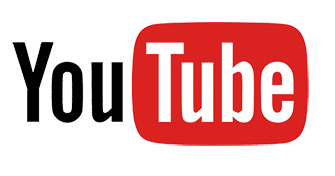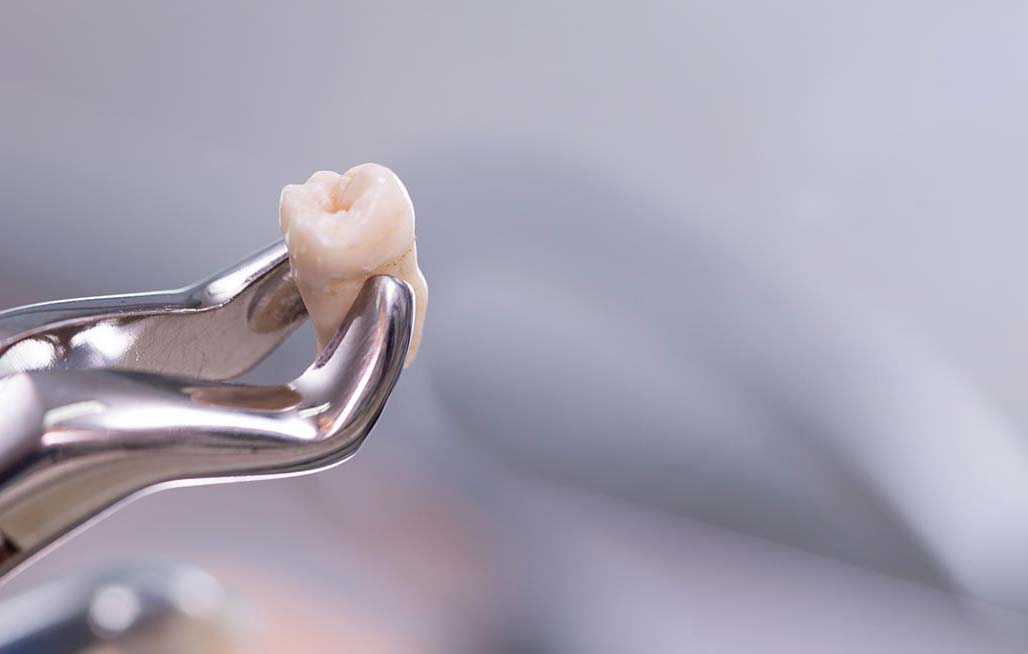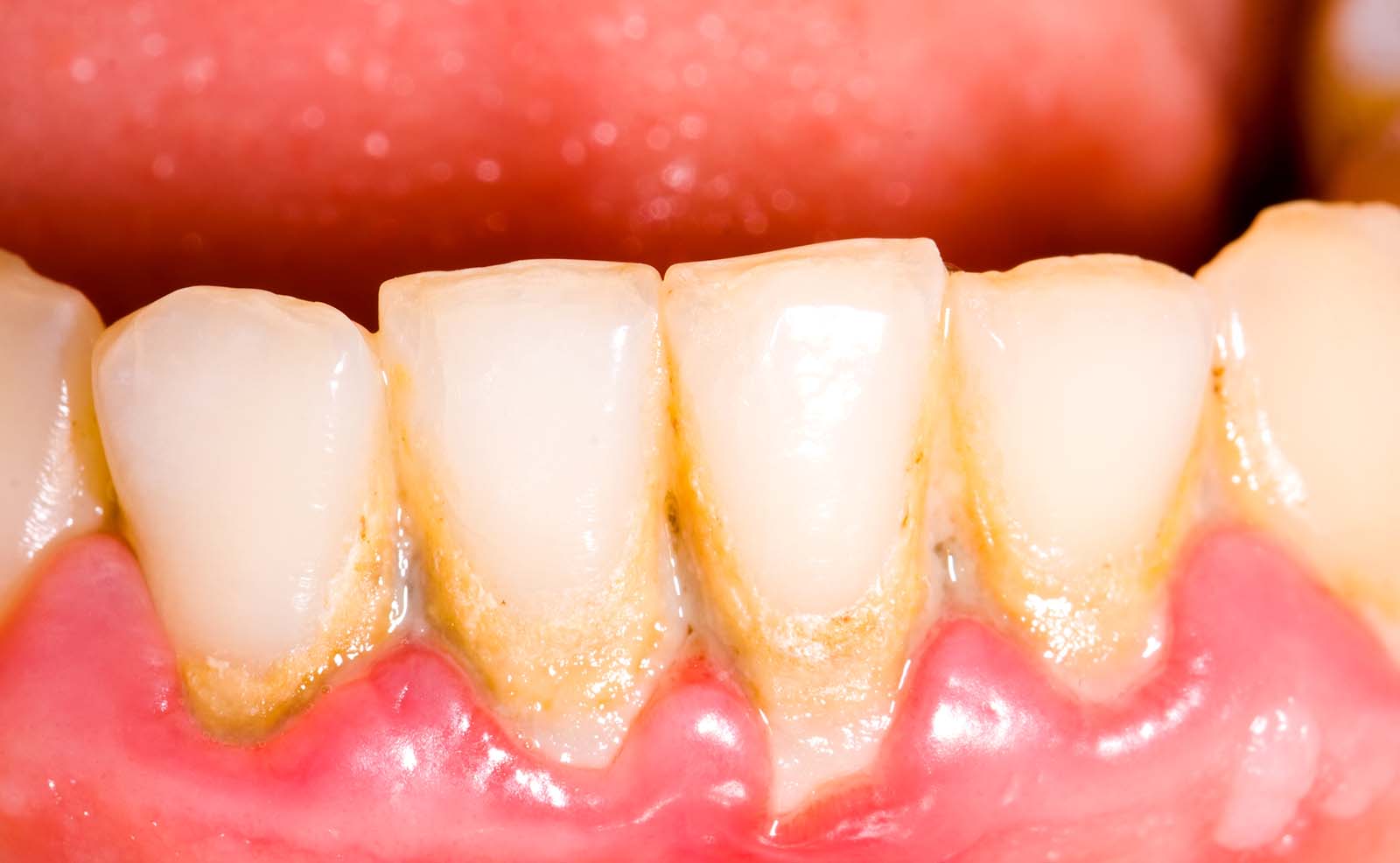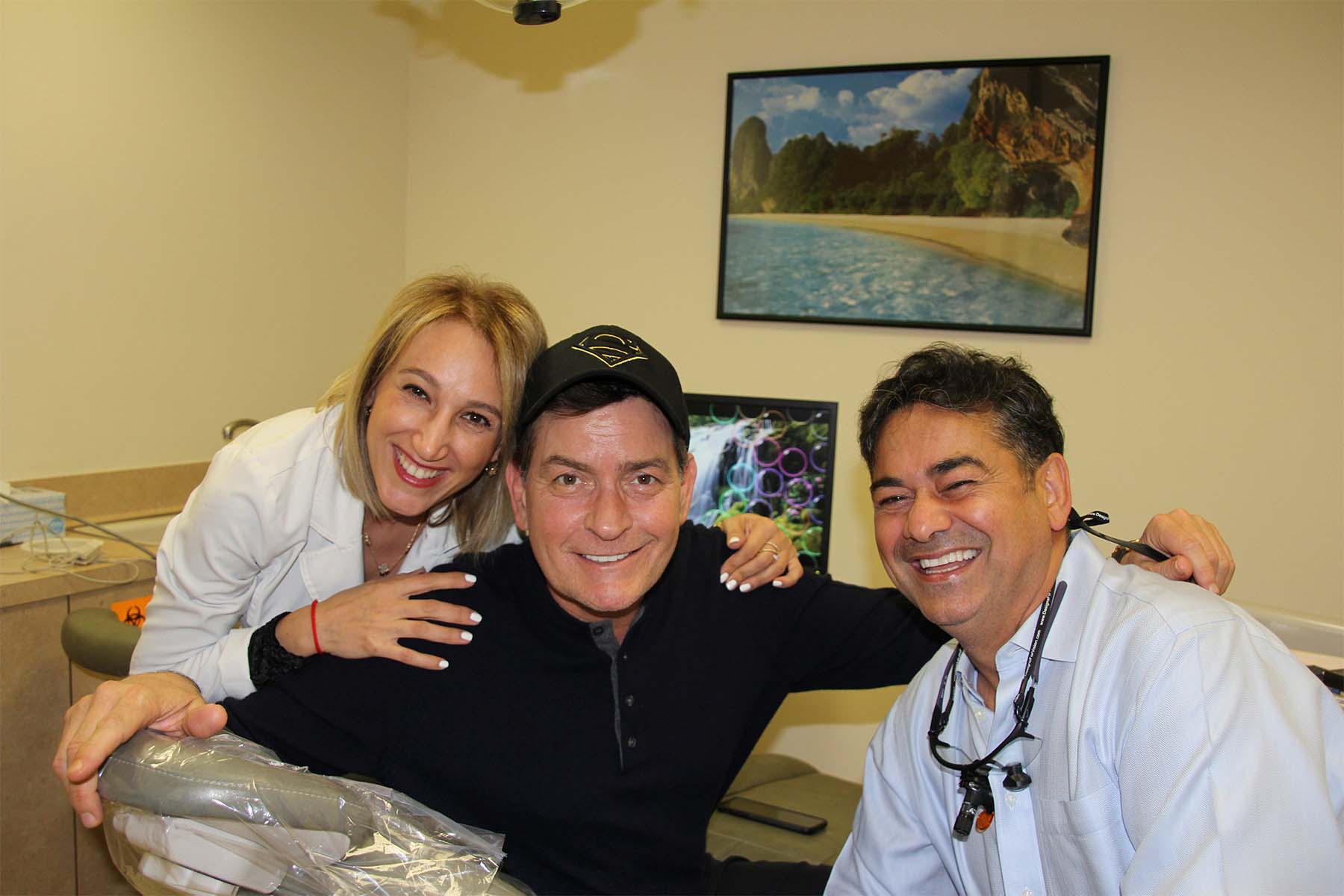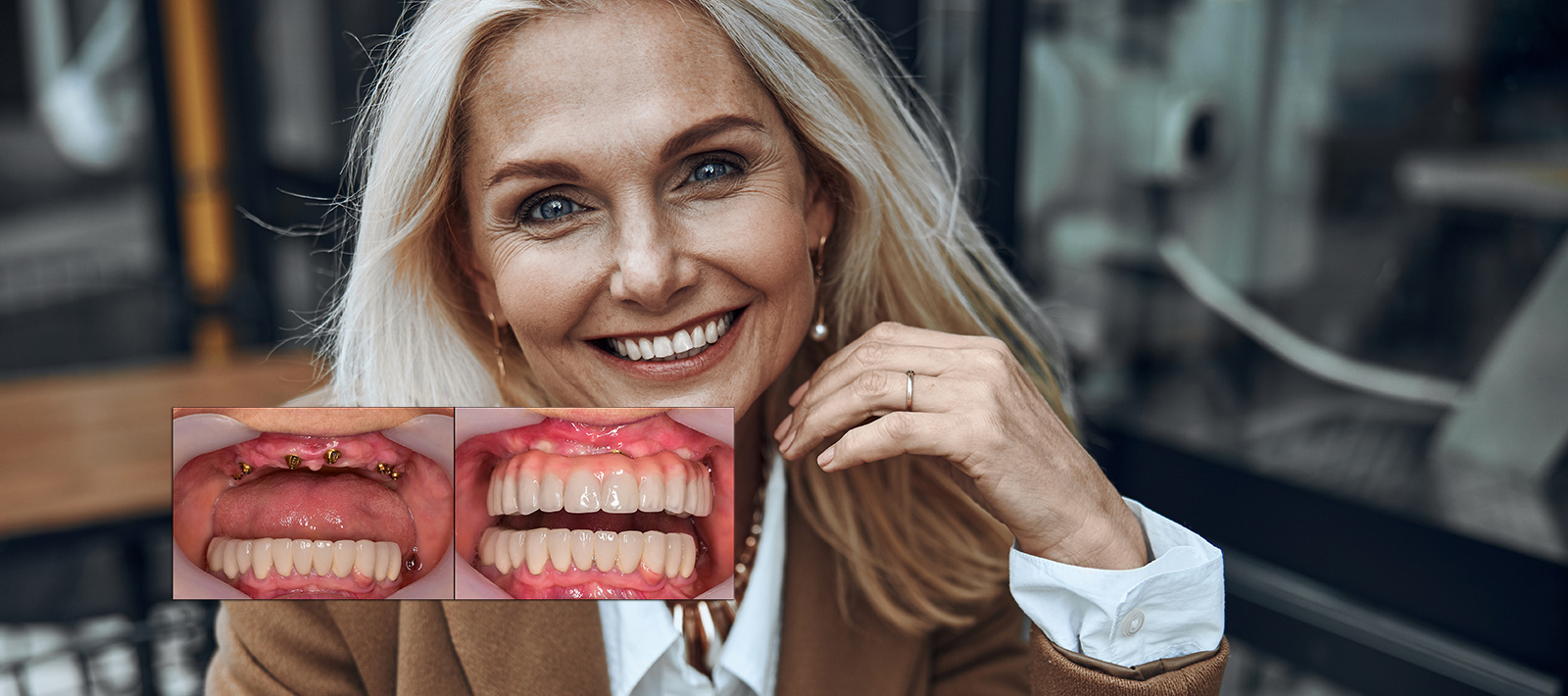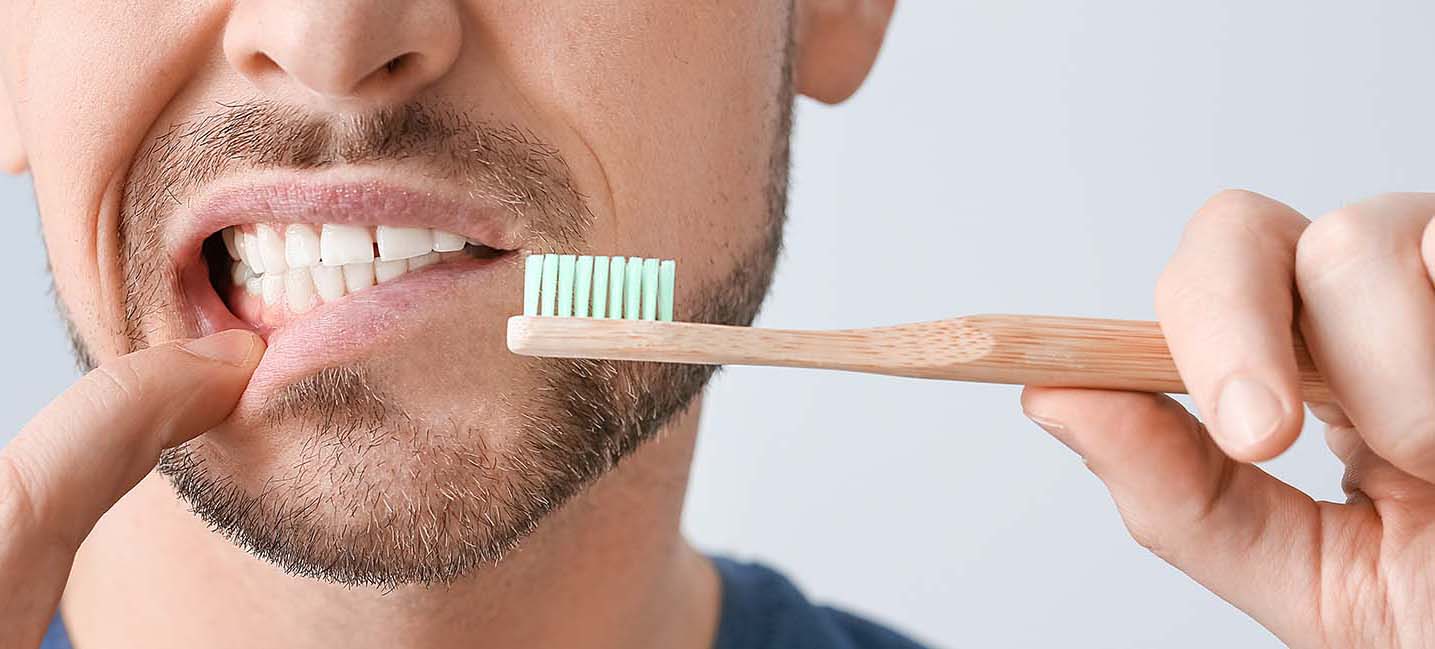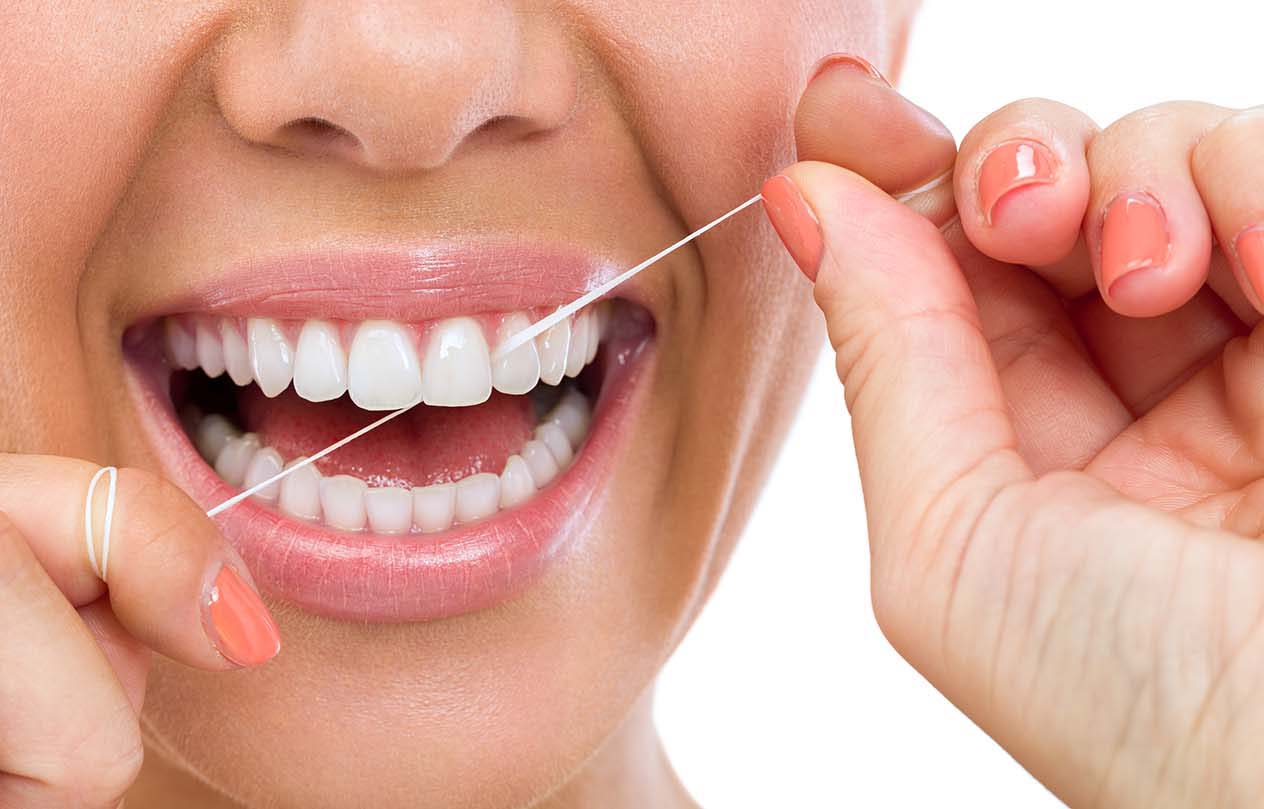Teeth are essential for oral hygiene. However, smoking cigarettes and other tobacco products can cause toothaches, gingivitis, and other oral problems. If you have teeth extracted, avoid smoking after tooth extraction until your tooth is cleaned and filled with a new resin. Smoking after tooth extraction can cause the wax to form inside your tooth and block plaque into your mouth. This causes problems such as bad breath, infection, and decay.
You need to be aware that smoking after a tooth extraction is not recommended. The nicotine found in tobacco can affect the healing process of your gums and cause them to become more sensitive.
As with any other medical procedure, it is always best to listen to your dentist’s advice on this matter. They are better positioned to explain the effects of smoking after tooth extraction.
In addition, your dentist and oral surgeon would have discussed the risks involved in smoking after tooth extraction with you. This is because they are aware that smoking is bad for your teeth.
The Risks of Smoking After Tooth Extraction
According to reports from CDC, smoking leads to disease and disability and harms nearly every body organ. For every person dying because of smoking, at least 30 people live with a serious smoking-related illness. Smoking after tooth extraction can expose you to the following risks;
• Damaged gum tissue, gingivitis, and bleeding gums.
• Incomplete healing of your gums.
• Decreased bone density and bone loss.
• Bad breath.
• Increased risk of mouth cancer.
• Dental caries and tooth decay in smokers with teeth that have been extracted or filled with resin.
Reasons for Tooth Removal
There are many reasons for a tooth removal. Some of them include:
• Tooth decay or fillings that have become loose.
• Broken or cracked teeth from trauma, biting, or clenching.
• Tooth loss due to trauma, such as car accidents or sports injuries.
• Tooth infection from the nerve being exposed when the tooth is removed.
• Molar extraction for wisdom teeth that are not needed and are causing pain, bad breath, and other symptoms.
• Teeth that are damaged, including from tooth-borne diseases.
• Teeth that are impacted (stuck) in the jawbone and causing pain.
• bridge, implant, or partial denture for teeth that do not have enough room or strength to remain in the mouth.
Preparation for Tooth Extraction
The following information is vital to know before your dentist performs tooth extraction.
• If you are allergic to any medicine, ask your dentist about options for anaesthesia.
• In case you have diabetes, high blood pressure, kidney disease or heart disease, talk with your dentist about the safety of performing the procedure.
• If you have an infection in the mouth or on the gums (such as gum disease), tell your dentist so he can be sure to clean all areas thoroughly before and after he removes your tooth.
• Tell your dentist if you take any medication or have any medical condition that may affect the anaesthesia.
• Tell your dentist of any metal fillings or crowns you may have.
The following information is important for your dental health and what to expect before your dentist performs tooth extraction:
• See a dentist every six months for a comprehensive checkup.
• Your teeth should be clean and free of plaque.
• If you take medications, ask your dentist about their potential effects on the anaesthetic and the healing process.
• The time required to recover varies with each person’s condition and medical history, so be sure to discuss this with your dentist.
• The cost of dental work is usually high, especially if the procedure is complex. Ask your dentist about payment options.
• Your mouth is likely to hurt for a few days after removing your teeth. Tell your dentist right away if you have any problems that you think might be related to the extraction.
Can You Vape After Wisdom Teeth Removal?
It is prevalent for patients to ask whether or not you can vape after wisdom teeth removal. The short answer is that it is not recommended. The long answer is that it is important to follow your dentist’s advice on this matter and avoid smoking after tooth extraction.
Vaping and smoking are often associated with each other, as many people feel similar. However, these activities can have very different effects on the body.
If you are a heavy user of e-cigarettes, you will likely have damaged teeth. This is because the vapour from your e-cigarette contains chemicals that can cause damage to the cells in your mouth. This can cause you to have bad breath and an increased risk of tooth decay.
Can I Smoke After Wisdom Teeth Removal?
Typically, dentists will advise against smoking after wisdom tooth extraction. While they are not as harmful as cigarettes, they still contain some of the toxic chemicals mentioned above. Therefore, you should stay away from smoke after wisdom tooth extraction.
You should also try to avoid using tobacco products in general if possible. This is because these products can also cause a lot of harm to your body and could even lead to some severe health issues in the long run.
How Long After Wisdom Teeth Removal Can I Smoke?
The short answer is that you should not smoke after wisdom tooth extraction. For the sake of your health, you should refrain from smoking after tooth extraction. This means that if you have just had wisdom teeth removed, it is improbable that you will be able to smoke after this procedure.
The same goes for using e-cigarettes. It would help if you didn’t use them after wisdom tooth extraction because they contain too many chemicals and can cause a lot of damage to your mouth.
The cost of a tooth extraction varies depending on where you live. Your dental insurance will likely cover the surgery if you live in the US. You should also check with your insurance provider to see if they cover any of the costs associated with tooth extraction. If you do not have dental insurance, you may have to pay for the procedure out of pocket.
For example, if you have a tooth extraction in Los Angeles, then it is likely that your dental insurance will cover most if not all the costs associated with tooth extraction. However, even without insurance, you can still receive dental care at a price you can afford. There are flexible payment programs tailored to meet your budgetary needs towards tooth extraction cost.
In any case, should you require a tooth extraction in Los Angeles, don’t hesitate to get in touch with Southland Dental Care through their website; https://southlanddentalcare.com for a consultation. They have the most trusted and well-regarded dentists who offer emergency tooth extraction Los Angeles. If you do not have insurance cover but require an emergency tooth extraction Los Angeles, Southland Dental Care will make it possible with their affordable, high-quality dental services.



